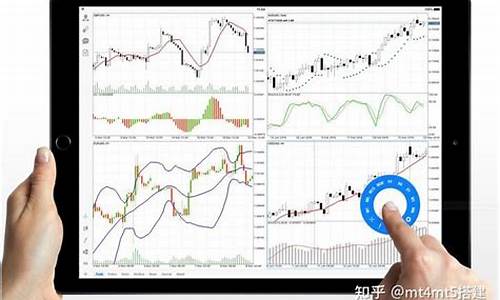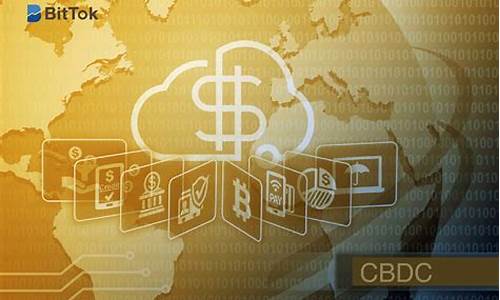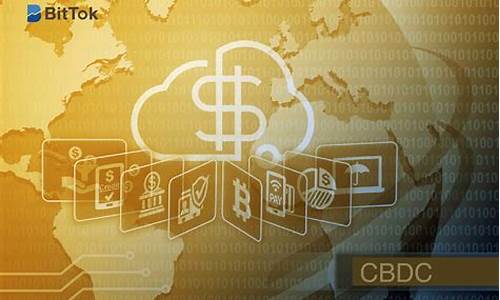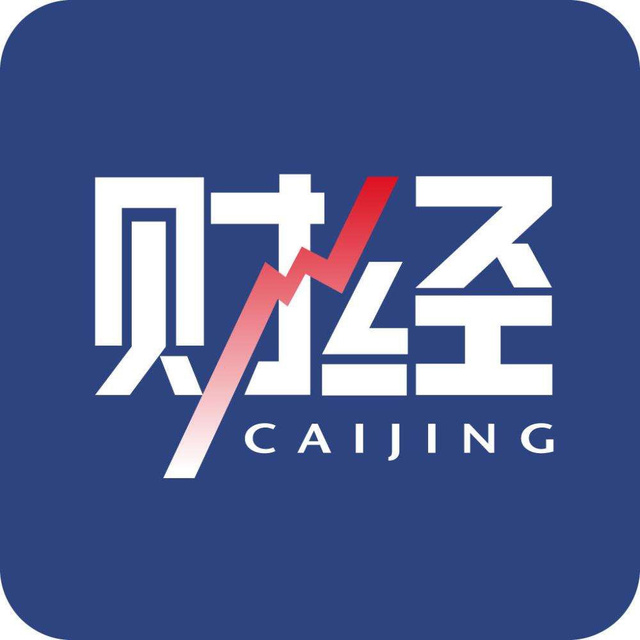
Digital currency, also known as cryptocurrency, is a type of virtual currency
that uses encryption techniques to secure and verify transactions. It is
different from traditional currencies in several ways, and has several unique
features that set it apart. In this essay, we will explore the key features and
characteristics of digital currency.
1. Decentralization: One of the most significant features of digital currency
is its decentralized nature. Unlike traditional currencies, which are controlled
by governments and financial institutions, digital currency operates on a peer-to-
peer network. This means that there is no central authority or intermediary
between the users and the currency. Instead, transactions are verified by a
network of computers, making it virtually impossible for any one entity to
control or manipulate the system.
2. Security: Digital currency is secured using advanced encryption techniques,
such as public and private keys, hash functions, and digital signatures. These
technologies ensure that every transaction is secure and tamper-proof, making it
difficult for hackers to manipulate or corrupt the system. Additionally, digital
currency wallets are designed to be highly secure and resistant to attacks,
making them an attractive option for users who value privacy and security.
3. Limited Supply: Another unique feature of digital currency is its limited
supply. Unlike traditional currencies, which have an unlimited supply, digital
currency is designed to have a fixed supply, typically determined by the
developers or creators of the currency. This helps to stabilize the value of the
currency over time, reducing the risk of inflation and other economic
consequences.
4. Easy Transfer: Digital currency can be easily transferred between users on a
peer-to-peer network, without the need for intermediaries such as banks or
payment processors. Transactions are processed almost instantly, making it easy
and convenient for users to make payments and transfer funds across borders.
5. Open Source: Many digital currencies are open source, meaning that their
code and algorithms are publicly available for anyone to view and modify. This
openness allows for greater transparency and accountability, as well as the ability
for developers to create new applications and use cases for the currency.
In conclusion, digital currency is a revolutionary technology that has the potential
to transform the way we think about money and financial transactions. Its
decentralized nature, security features, limited supply, ease of transfer, and
open source code make it an attractive alternative to traditional currencies. As
the technology continues to evolve and improve, we can expect to see even more
innovative applications and use cases emerge in the future.










